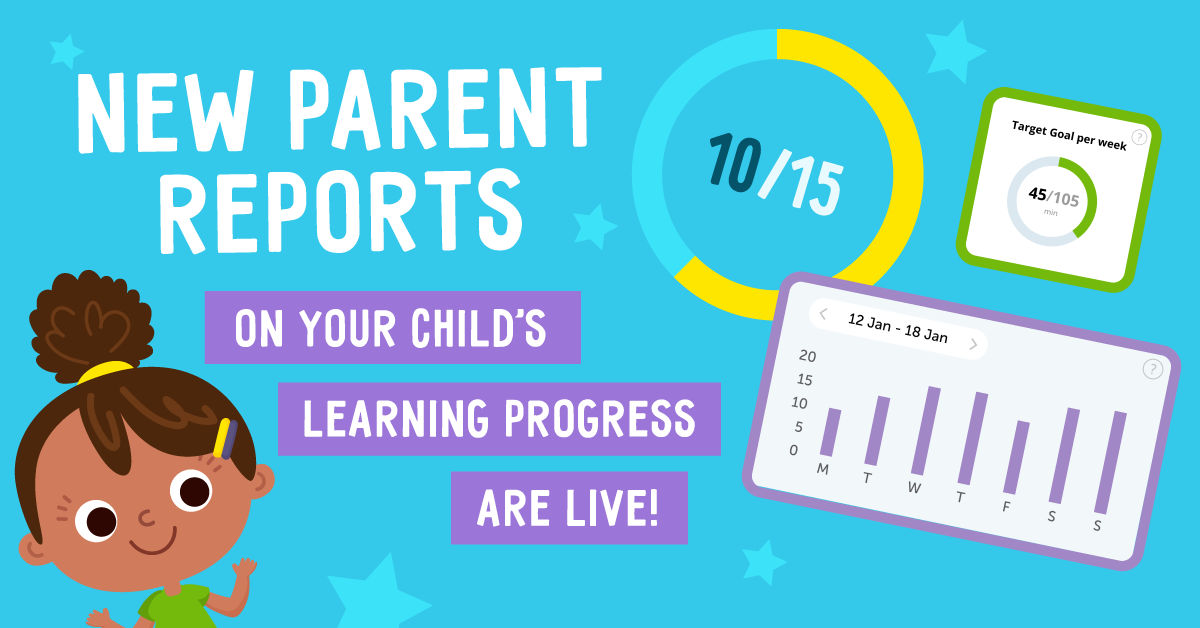Rhyming worksheets activities
1 filtered results
-
From - To


Rhyming Words: Assessment Worksheet
Rhyming worksheets activities are an essential part of early childhood education, offering numerous benefits to young learners. These activities are not just fun; they are crucial building blocks in the development of reading, writing, and language skills. Here's why rhyming worksheets activities are incredibly useful:
-
Phonemic Awareness: Rhyming worksheets activities enhance phonemic awareness, a key foundational literacy skill. Phonemic awareness refers to the ability to hear, identify, and manipulate individual sounds in words. By engaging with rhymes, children learn to recognize similar sounding endings in words, which is vital for reading and spelling proficiency.
-
Vocabulary Development: Participating in rhyming activities exposes children to a wide range of words, many of which they might not encounter in everyday language. This exposure significantly enriches their vocabulary, making it easier for them to express themselves clearly and understand others.
-
Reading Readiness: Rhyming worksheets activities prepare children for reading. Understanding that words that rhyme often share common letter sequences makes it easier for children to predict and decode new words, enhancing their reading fluency and comprehension.
-
Creativity and Imagination: Rhyming encourages creativity and imagination. When children work on rhyming worksheets, they not only practice their language skills but also engage in creative thinking. They learn to think outside the box by creating rhymes, which can lead to a lifelong love for poetry and literature.
-
Cognitive Development: These activities also support cognitive development by improving memory and concentration. Remembering rhymes and their patterns requires focus and mental effort, which strengthens cognitive abilities over time.
In conclusion, rhyming worksheets activities are a multifaceted tool in the early education toolkit. They foster phonemic awareness, vocabulary growth, reading readiness, creativity, and cognitive development, all of which are crucial for a child's academic success and personal growth. Engaging young learners in rhyming activities is not just about having fun with words; it's about laying the groundwork for lifelong learning and literacy.
 Assign to the classroom
Assign to the classroom










